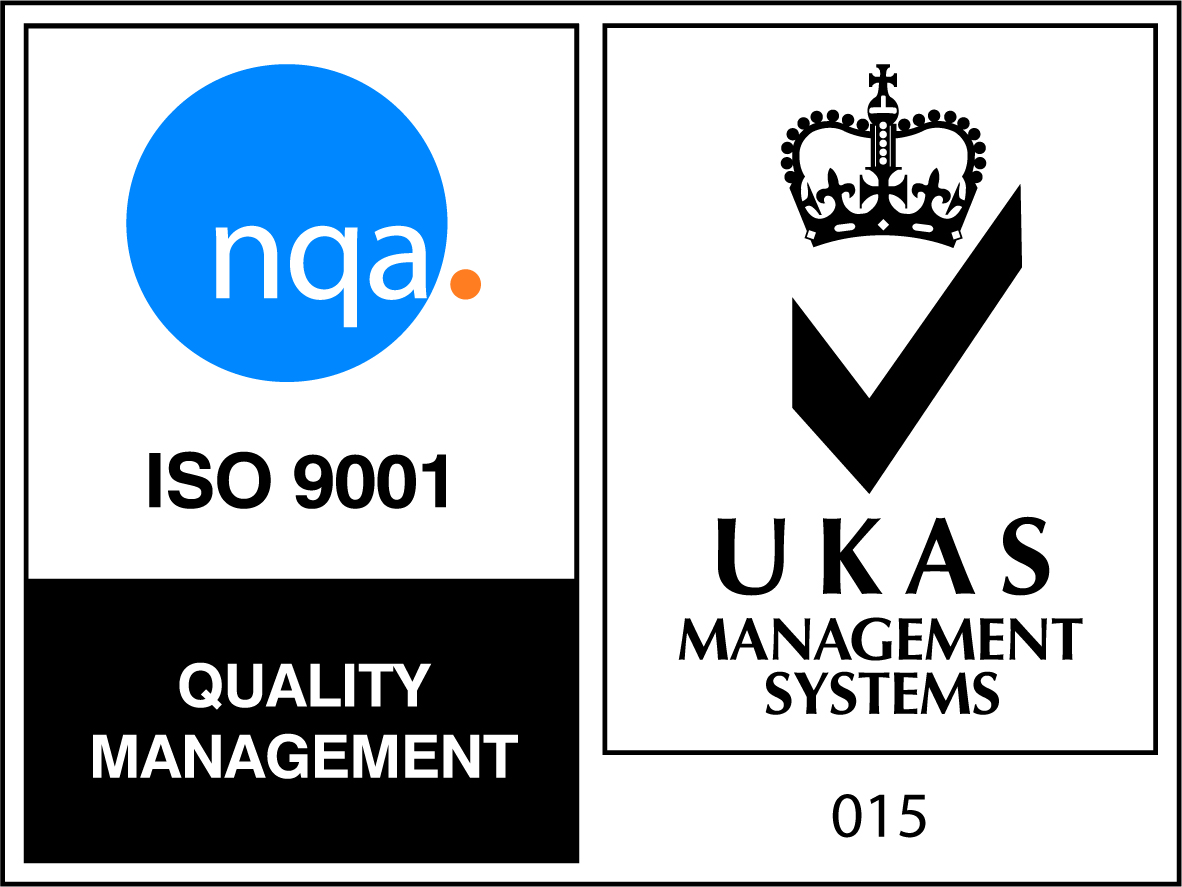Intellectually Speaking
Gareth Jones, joint Managing Director of In-Comm Training, explains why the good news around the BAE announcement also revealed the UK’s inability to fully commercialise its own IP
On the surface, we should all be rejoicing in the news of British defence giant BAE Systems securing a £multi-billion contract to build new warships for the Australian Government.
The perfect shot in the arm for potential life after Brexit it seems or is it? There is definitely good news in the fact that UK expertise has been chosen ahead of Spanish and Italian rivals and there will be some benefits financially to our economy.
However, look a little bit closer at the detail of the story and you realise that the majority of the manufacturing and the jobs will be gobbled up by the Australians – no doubt written into the contract to protect their own interests.
What it does highlight is another example of how the UK and its treasure chest of Intellectual Property (IP) continues to be exported around the globe for others to take full advantage of.
Years of under investment and a mish-mash of industrial intentions from collective Governments has created this scenario where our shipbuilding/aerospace capabilities are not fit for purpose and we have to offshore the main manufacturing processes.
Yes, it’s great that our expertise is in demand, but wouldn’t it be better if that initial design, knowledge and technology is actually delivered here, creating jobs and blooding new engineers…that’s not even taking into consideration the indirect economic benefits?

The recent Farnborough Airshow announcement of a new jet to be built in the UK is a prime example of how this could work.
Switching industries, you only have to look at the resurgent UK automotive sector to see how a strong domestic OEM market can create benefits throughout the supply chain and encourage young people to plot a career path in engineering and manufacturing. The same can be said about our F1 corridor that is the envy of the world.
A lot of these thoughts were crystalised during the first In-Comm Training & Manufacturing Group event held recently at the Marches Centre of Manufacturing & Technology.
Nearly 100 people from 50 different companies attended to find out more about the aerospace sector and explore the latest technologies from our 10 technical partners, including Blum-Novotest, Ceratizit WNT, Engineering Technology Group, Guhring, Hexagon, HK3D and Hyfore Workholding.
Reaction to the BAE Systems news was on the whole positive, but the nagging doubt of a missed opportunity was prevalent, along with SMEs feeling even further detached from being able to supply into these big contracts. There is undoubtedly work to be done to unpick the barriers and give small to medium sized manufacturers the chance to be involved.
There was also a common desire for the Government’s current Industrial Strategy to be sustained and a concerted call for politicians to ignore ‘party loyalty’ to place their backing behind sectors that play to the UK’s greatest competitive strengths.
The message is simple. Cultivate and celebrate our Intellectual Property, but don’t forget about the industry and supply chain benefits that can be gleaned from making the most of the ‘IP’ in this country.

